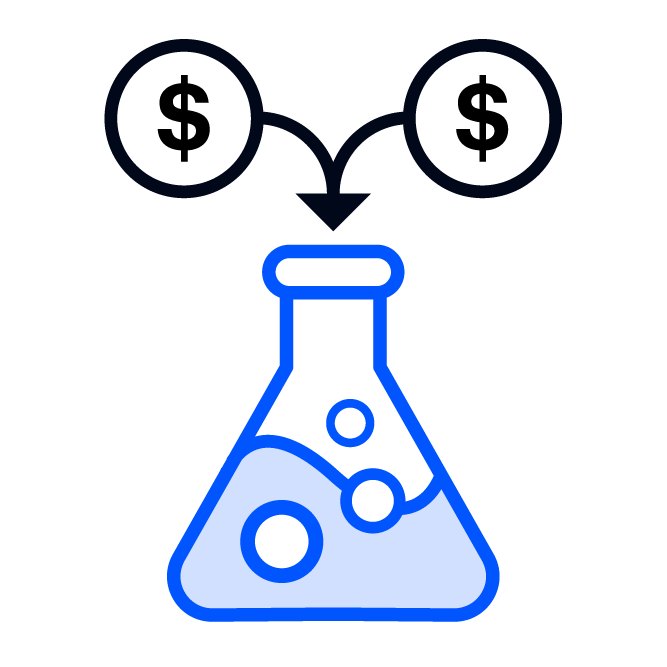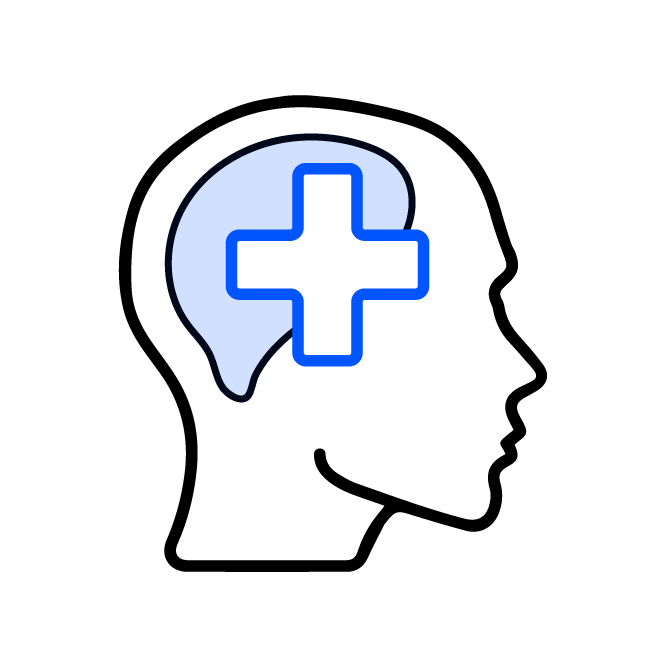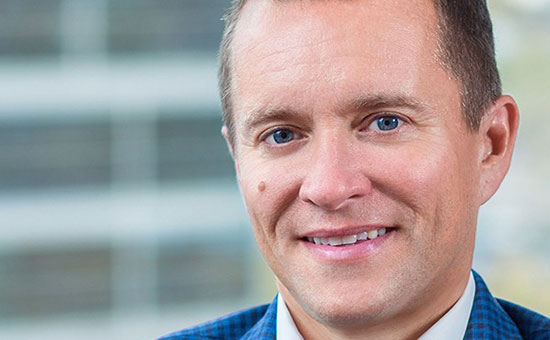
$100M Campaign to Accelerate

It’s never been a more exciting and promising time in T1D research. Breakthrough T1D‘s $100M Campaign to Accelerate provides the momentum needed for the research teams and trainees we support to get us closer to cures and a world finally free from T1D. Powering this campaign are passionate donors, driving more dollars to research than ever before.
Breakthrough T1D has evolved from a grassroots organization started by two parents of children with T1D in the 70s to the largest charitable funder of T1D research worldwide. And the T1D community and its supporters remain at the heart of what we do, building our holistic approach to funding research to make the most impact for everyone affected by this disease.
The $100M Campaign to Accelerate was born from this approach – divided into pillars of support that all work together towards common goals. Together, these pillars drive our overarching global mission to accelerate cures for T1D while also improving lives through treatments, health equity, mental health care, and system-wide transformations to diabetes care.

Access For All
Access For All aims to make type 1 diabetes (T1D) technology affordable and accessible for everyone living with this disease. Given the financial, physical and mental health burden of living with T1D, this campaign also works to improve access to:
- financial supports (such as the Disability Tax Credit);
- new therapies and treatments; and
- more investments in T1D research.
The goal of Access for All is to improve the lives of those living with this disease in every way possible.
For device coverage:
Public funding for type 1 diabetes (T1D) treatment and devices differs province by province, is often age-based and can be limited to specific technologies or manufacturers. The cost of managing T1D for Canadians without coverage is estimated at up to $15,000 annually ¹. These out-of-pocket costs can be debilitating — 57% of Canadians cannot fully comply with their treatment plans due to cost ².
Access for All aims to make this technology available to all Canadians living with T1D. We do this by directly advocating governments, insurers and other stakeholders to increase public and private coverage of insulin pumps and advanced glucose monitors for the T1D community.
Flash Glucose Monitors (Flash GM) and Continuous Glucose Monitors (CGM) both consist of small sensors worn on the body that relay blood glucose levels to corresponding devices and warn of any dangerous highs and lows. Insulin pumps are small devices worn on the body that deliver fast-acting insulin 24 hours a day. These devices greatly alleviate the burden of disease management, leading to better health outcomes, lowering the risk of diabetes-related complications and allowing for better virtual care.
Despite the benefits of these devices, the usage rate among Canadians remains incredibly low. This is directly tied to limitations in access, education and affordability. Inequities exist when individuals lack private insurance, provincial plans impose strict requirements on who will be covered, or by healthcare access barriers for those in remote communities.
Breakthrough T1D established Access for All to help mitigate these costs and improve the lives of the T1D Community through four key program areas:
Advocacy: We are driving change by developing and nurturing key relationships with policymakers.
Education: We are creating resources for individuals living with T1D and healthcare providers that address how to self-advocate and how to best use technology to optimize disease management.
Research: Through research surveys to the T1D community and the health sector, we can identify and address gaps in care through educational outreach.
Virtual Care: We are leveraging partnerships with other organizations to improve access for everyone living with T1D – especially those in remote communities.
Additionally, Access for All advocates all levels of government for change that benefits the T1D community, such as making the Disability Tax Credit available to anyone with type 1 diabetes, increasing funding for the most promising research into cures and screening, and approving new therapies and devices sooner, to get them into the hands of people who need them the most.
Our overarching goal is to expand access and ensure patient choice. Combined efforts in advocacy, education, research, and virtual care aim to provide universal access to diabetes technology, research, care and potential new therapies to all Canadians with T1D, regardless of age or location.
We need funding to mobilize our communities and remove inequities. Supporting this mission will reduce financial and physical burdens on people affected by T1D, while also helping to ease the strain on the health care system caused by T1D complications.

Breakthrough T1D Centre of Excellence at UBC
In November, 2021 Breakthrough T1D launched our Centre of Excellence, a research collaboration that leverages existing facilities and multidisciplinary talent to ensure the most cost-effective, accelerated path to treatments and cures.
The Breakthrough T1D Centre of Excellence at the University of British Columbia (UBC) harnesses the expertise of partners, and more than 40 researchers, staff and students at UBC’s Life Sciences Institute, Vancouver General Hospital and BC Children’s Hospital Research Institute. Dedicated to cure research, the team will pivot in real-time to prioritize projects that have the greatest potential.
A team of lead investigators, internationally renowned in their respective fields, are guiding the Centre’s research through three integrated and interdependent themes:
Theme 1: Providing a new source of insulin-producing beta cells
Dr. Francis Lynn and Dr. Timothy Kieffer will lead research towards the development of a new, cost-effective cellular therapy that will provide long-lasting insulin independence.
Theme 2: Protecting beta cells from immune attack
Dr. Megan Levings and Dr. Bruce Verchere’s teams will develop innovative approaches to protect replaced and remaining insulin-producing cells in people with T1D.
Theme 3: Targeting and monitoring beta cell stress
Dr. James Johnson and Dr. Bruce Verchere are investigating how to switch off the beta cell stress response that contributes to T1D to prevent and stop disease progression.
Each theme encompasses several projects, driven efficiently by cross-cutting core expertise and facilities. The research plan is designed for synergy and speed: advances in one theme will propel progress in the others. The Centre’s leads will advance the most promising projects to validation and pre-clinical testing. A minimum of two therapeutic candidates to cure T1D will advance to human clinical trials within five years and may also apply to other autoimmune diseases.
The Breakthrough T1D Centre of Excellence at UBC is the first initiative of its kind in Canada. It provides a unique opportunity for Breakthrough T1D donors to directly contribute to the most promising and exciting cure-based research.

Global Research Strategy
Breakthrough T1D’s Global Research Strategy funds the best researchers, trainees, clinical trials, clinical trial education, and projects in Canada and worldwide both delivering results and accelerating the path toward cures.
Through this strategy, nearly 70% of donor funds support cure-focused projects that address two fundamental aspects of the disease: renewing the body’s ability to produce insulin and stopping or shielding the autoimmune attack of insulin-producing cells. We can accomplish this through screening and prevention, disease-modifying therapies, and cell replacement. The remaining funding supports initiatives to improve lives, such as complications research and better T1D management.
Training awards are a core part of Breakthrough T1D’s Global Research Strategy, allowing us to fund the next generation of leaders in T1D research through postdoctoral fellowships and career development awards. Key partners have stepped forward to help leverage our training program, which has supported the world’s leading experts in T1D today.
Breakthrough T1D’s global governance means that no two projects are the same, and teams work collaboratively rather than competitively to find the best solutions for our T1D community.
Translating scientific discoveries into practice is successful when the right people collaborate. An investment in our Global Research Strategy is an investment in novel ideas and outside-the-box thinkers dedicated to advancing T1D research that will ultimately translate to cures, and contributing to breakthroughs that could potentially benefit people with other autoimmune diseases.

Breakthrough T1D-CIHR Partnership to Defeat Diabetes
The Canadian Institutes of Health Research (CIHR), the health research arm of the federal government, is a key partner in Breakthrough T1D’s mission to improve lives by accelerating life-changing breakthroughs to cure, prevent and treat T1D.
In 2017, the Breakthrough T1D-CIHR Partnership to Defeat Diabetes (then known as the JDRF-CIHR Partnership to Defeat Diabetes) was launched to fund innovative clinical trials and research projects that can help to advance improved care, early treatment, and research into cures for people living with T1D.
Through the $100M Campaign to Accelerate, CIHR committed $25 million towards our mission. Therefore, all donor investments in the Breakthrough T1D-CIHR Partnership will be matched 1:1 by the CIHR for a total investment of $50 million. The CIHR’s renewed investment builds on Canada’s long history of leadership in diabetes research.
The Breakthrough T1D-CIHR Partnership supports multidisciplinary research teams across Canada. Projects are selected based on their potential clinical impact on T1D and are subject to a rigorous review and selection process.
Donors double CIHR’s contributions and help support world-leading research that includes:
- patient-oriented clinical trials to lower the risk of hypoglycemia,
- approaches to reverse the autoimmune response in T1D,
- studying how changes in the gut microbiome could increase or decrease risk of T1D,
- beta cell replacement via stem cell-based approaches without the need for immunosuppression,
- treatments that improve blood glucose management and reduce the burden of care,
- improving the quality and consistency of pediatric diabetes care across Canada,
- bettering our understanding of variations in human insulin production,
- and other projects that translate lab science into better clinical outcomes for people living with T1D.
Both Breakthrough T1D and CIHR have a long track record of funding research leading to breakthroughs and better health outcomes for Canadians. Now is the time to accelerate action on our shared vision to end diabetes and eliminate the devastating impacts of T1D on more than 300,000 Canadians and millions worldwide.
The Breakthrough T1D-CIHR Partnership to Defeat Diabetes supports the most promising Canadian research aimed at reducing both the health and economic burden of diabetes. Donors are driving this partnership every step of the way.

Mental health and type 1 diabetes
Mental health challenges represent one of the most pervasive health issues affecting Canadians today.
Living with type 1 diabetes (T1D) is a 24/7 balancing act. Even with diligent diabetes management, swings in blood sugar can be frequent and the threat of complications is a daily reality. As a result, diabetes affects a person’s emotional, social, and behavioural wellbeing, known as psychosocial health, throughout their lifetime, and has been shown to increase the likelihood of anxiety, depression, and eating disorders. Living with a chronic disease, combined with social stigma, can put a tremendous strain on people’s lives.
Compounding this burden, people with T1D have minimal access to resources to help with their unique mental health concerns. The primary focus of diabetes care teams is to manage physical symptoms and most mental health providers have limited knowledge of the specific mental health impacts of T1D.
Breakthrough T1D has a mental health strategy that with the help of donors, can help to address the gaps in mental health care in Canada for people with T1D. These systemic changes will ensure mental health care becomes a part of holistic diabetes care.
Our Mental Health Strategy will tackle insufficient mental health research in diabetes, few mental health providers with diabetes expertise, a lack of referral pathways for people with T1D to access those providers, and the overall gap in mental health care for people with T1D and type 2 diabetes.
Our plan includes:
A Virtual Diabetes Training Program: We are collaborating with Diabetes Canada to train more than 1,000 registered Canadian mental health providers to offer enhanced support and referrals to their clients who live with diabetes. We also offer a general stream of the course to family members, other care providers and the public. Mental health providers who complete the training program can qualify to be listed in our online directory where individuals can self-refer to a provider in their region.
Mental Health Education and Outreach: We provide educational resources to health professionals including GPs, endocrinologists, and nurses about the importance of psychosocial concerns in people with T1D.
Support and Resources for People with T1D: We continue to expand our existing programs at Breakthrough T1D and partner with other organizations to fund and develop multilingual resources, community grants, and connection events focused on mental health to support our T1D community.
Research and Test Psychosocial Interventions: Through partnerships with Brain Canada and the Canadian Institutes of Health Research, we fund clinical studies designed to test the effectiveness of psychosocial interventions to improve quality of life and diabetes outcomes.
With the help of donors and our partners, Breakthrough T1D is well-positioned to take the lead on addressing this critical need for the T1D community.

T1D Fund
The T1D Fund, operated under Breakthrough T1D International in the United States, is the largest single-disease-focused venture philanthropy fund in the world fueling research for a cure and much-needed therapies for type 1 diabetes (T1D).
Venture philanthropy takes concepts from venture capitalism and applies them to achieving philanthropic goals. Donors provide seed funding that is multiplied by their co-investors, ensuring donor dollars are maximized toward the cause.
Breakthrough T1D created the T1D Fund to fill a significant gap that previously existed between scientific advancements in T1D research and commercial products becoming available to those who need them. The T1D Fund leverages philanthropic capital to build a portfolio of investments that are both attractive to financially motivated investors and compelling to the T1D community.
Donor investments support profitable pharmaceutical and biotech startups developing treatments and cure therapies for T1D. With each investment, the T1D Fund attracts alongside private venture capital (VC). Because of Breakthrough T1D’s deep expertise in T1D research, T1D Fund investments are a de-risking element for any private venture capital investment. Donors see their investments multiplied by an average of 5-6 times, with that number increasing every year. All returns on the T1D Fund’s investments fuel further research.
In over five years, the Fund and its venture capital partners have invested over $600 million in T1D programs. The number of companies working on T1D therapies has grown from just a handful to nearly 30 pharmaceutical and biotech companies – backed by donors and venture capital investors worldwide.
Breakthrough T1D Canada has completed its fundraising for the T1D Fund. Thank you to the generous Canadian donors who invested in this Fund.


